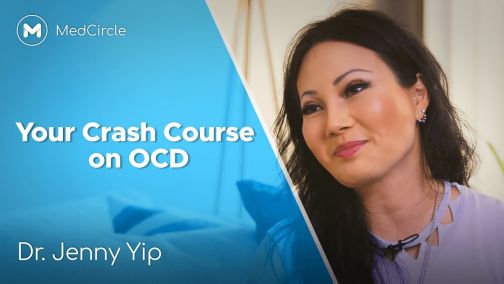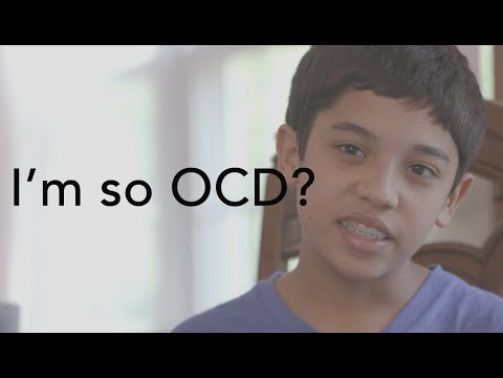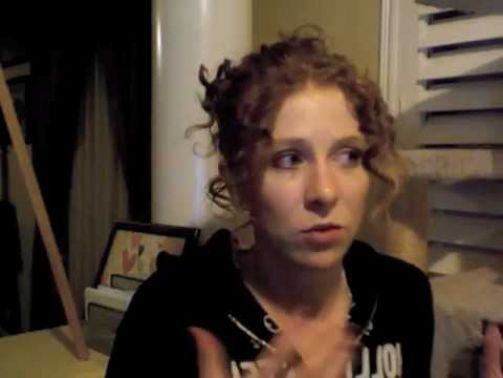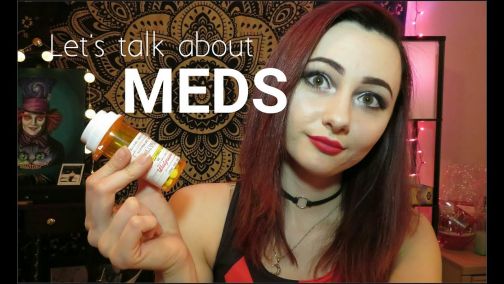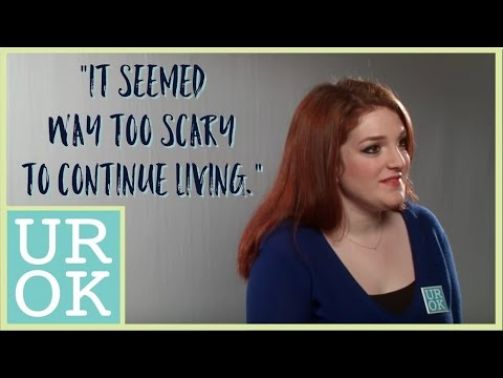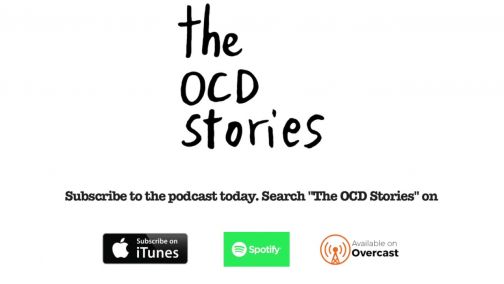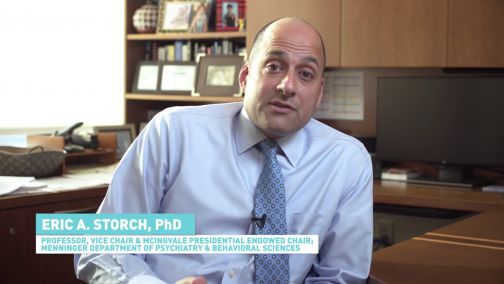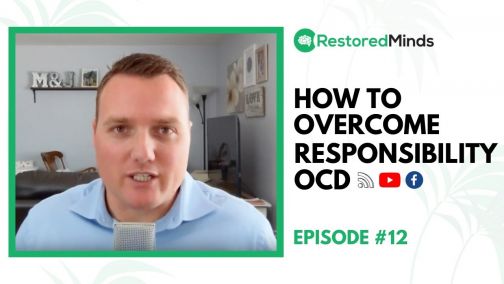Intrusive Thoughts
What are they, who gets them and how can they be treated?

We've all had a strange idea or image pop into our head. Like picturing your boss naked in the middle of a meeting, or imaging driving your car off the road on your way to the store. They appear out of nowhere and for no good reason.
These are called intrusive thoughts — unwanted and distressing ideas that feel contrary to a person's nature. They often cause intense anxiety and stress.
Everyone experiences intrusive thoughts. They are a normal part of life. When they arise, most people can dismiss them as strange or no big deal. However some people — people with obsessive-compulsive disorder (OCD) — can’t shake them and assume they mean something more. They obsess over the nature of these thoughts, and what they could mean about who they are as a person.

Rose Cartwright on Pure O
Advocate and Made of Millions cofounder, Rose Cartwright, discusses sexual intrusive thoughts.
Intrusive thoughts come in countless forms. They can center around religious beliefs, sexuality, relationships, bodily functions, violence, physical health, and many other themes. Most intrusive thoughts are disturbing and distressing, but some can be so strange and bizarre, that they border on humorous.
For many people, intrusive thoughts center on the things they care about most in life: children, pets, family, faith, career trajectory. For example, if a person wants nothing more than to be a parent someday, their intrusive thoughts may center around child molestation or other child abuse, or if a person is a devout Christian, they may struggle with the doubt that Jesus is really God.
These different "themes" are used to group OCD into more specific subtypes. For instance, a person suffering from violent intrusive thoughts may be told they're experiencing something called Harm OCD. A person with blasphemous religious thoughts, may be told they're experiencing something called Scrupulosity or Religious OCD.
It is common for people to experience multiple subtypes at the same time, or cycle through different types over many years. These subtypes are not diagnoses. They are labels or categories used to better understand the form a person's OCD is taking.
Explore common subtypes below:
- Harm OCD: Constant fears that you might harm yourself or someone you love
- Pure OCD: OCD without visible compulsions
- Relationship OCD: Repetitive fears that you are with the wrong partner
- Sexual Orientation OCD: Fears and obsessions about sexual orientation
- Pedophilia OCD: Unwanted obsessions that you might harm a child
- Religious OCD (Scrupulosity): Constant fears that you’ll be punished for blasphemy
- Contamination OCD: Repetitive fears that you’ll get contaminated by germs or diseases
- Responsibility OCD: Fears that your actions or non-actions pose a serious risk to others
- Somatic OCD: Hyper-awareness of your everyday functions or surroundings
- Existential OCD: Obsessions with philosophical questions that you don’t know the answers to
- Suicidal OCD: The fear of acting on thoughts of suicide
- Metaphysical Contamination OCD: Fear of objects or people that remind you of a past traumatic event

Dr. Phillipson Talks OCD Science, Symptoms & Treatment
Made of Millions cofounder, Aaron Harvey, talks with leading clinical psychologist, Dr. Steven Phillipson, about diagnosing and treating obsessive compulsive disorder.
How can you treat them?
All intrusive thoughts are normal, and no matter their theme, they can be treated with different forms of cognitive-behavioral therapy (CBT). Exposure and response prevention therapy (ERP) is the most highly recommended option for people with OCD.
Medication can also be used alongside therapy to help minimize anxiety. The main family of medicines used to treat OCD are known as Selective Serotonin Reuptake Inhibitors, or SSRIs. SSRIs enhance your natural serotonin activity and are used to treat major depressive disorders and anxiety conditions. Well known examples include Lexapro, Prozac, Paxil, Zoloft and Luvox.
It’s normal to hope treatment means intrusive thoughts will disappear, but treatment should equip OCD sufferers with techniques to address any intrusive thought that may arise. Your anxiety won't fully go away, but you'll be better prepared to cope with it and live a happy, healthy life. Learn more about OCD treatment here.
Related Conditions
What resources can help?
The first-step towards overcoming intrusive thoughts, is educating yourself. Read articles from fellow sufferers, watch interviews with leading doctors and advocates, join community support groups. The more you understand your intrusive thoughts, the better you can manage them.
NOCD
An upcoming live series all about exposure and response prevention therapy.
Pax the OCD Bot
An educational bot that makes learning about OCD easy and interactive.
Intrusive Thoughts Support Group
A private community of over 6,000 global sufferers.
OCD 3
An informative interview series featuring OCD experts, advocates and wellness professionals.
Related Reading
- Are Intrusive Thoughts Normal?
- Five Daily Lifestyle Changes to Manage Intrusive Thoughts
- 5 Tips for Managing OCD at Work
- Living with Intrusive Thoughts
- Do Intrusive Thoughts Mean Anything?
- Existential OCD: Otherwise Known as Existentialism on Steroids
- Intrusive Thoughts, Pure O and More with Dr. Steven Phillipson, PH.D.
- OCD is Anything but Funny
- Suicidal OCD and Learning to Trust Myself Again
- Lessons OCD Has Taught Me
Support our work
We’re on a mission to change how the world perceives mental health.

